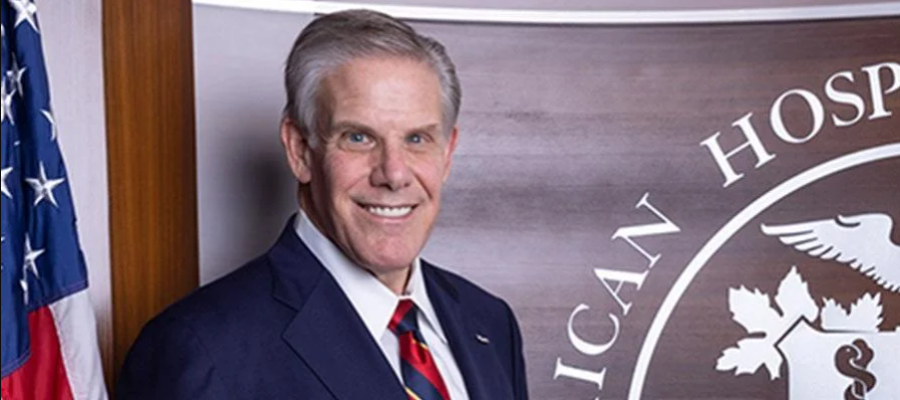Caring for Older Americans Now and In the Future

As of 2024, there were about 61 million Americans age 65 and older, according to the U.S. Census Bureau, representing about 18% of the total U.S. population. In 2060, the number of Americans age 65 and older is projected to increase to 95 million, making up almost a quarter of the U.S. population. This growth is largely driven by increased life expectancy and the aging of the baby boomer generation — I should know, I'm one of them!
As the trends continue, it’s clear that our nation will require innovative transformation of health care delivery now and in the future. Among other developments relative to caring for the elderly, we can expect a dramatic increase in attention paid to managing chronic conditions and increased demand for post-acute care for people suffering from conditions related to memory loss.
We already see several adaptive changes that hospitals and health systems are leading, such as increased use of telehealth capabilities and expanded hospital-at-home care options.
We must keep innovation like this going and growing. Everyone deserves safe, evidence-based health care focused on what matters to us as we get older.
That’s why the AHA has been working with The John A. Hartford Foundation, the Institute for Health Care Improvement and the Catholic Health Association of the United States on the Age-Friendly Health Systems initiative, a national movement to help hospitals, medical practices, retail pharmacy clinics, nursing homes, home-care providers and others deliver age-friendly care.
The focus is on spreading the reliable delivery of age-friendly care guided by the 4Ms framework — what matters to the patient, medications, mentation (depression, dementia and delirium) and mobility — across all health care settings. Providing age-friendly care improves health outcomes, value and patient satisfaction.
Last month, the AHA began leading its seventh Age-Friendly Health Systems Action Community to help care teams test and adopt the 4Ms framework. You can still join this seven-month virtual action community and receive free access to webinars, resources and coaching on implementing the 4Ms. Health care teams that have participated in previous action communities report that using the 4Ms framework has decreased length of stay for older adult patients, improved health outcomes, increased patient and staff satisfaction, helped address workforce challenges and had other positive impacts.
The AHA also is involved in a phase III initiative to expand the movement's reach, which will support cohorts of "Next Generation Leaders" focused on age-friendly care and include more action communities. AHA’s Next Generation Leaders Fellowship focuses on developing leaders and empowering them to bring about real and lasting change in the hospitals and health systems in which they serve. Please visit our webpage for more information and resources.
Our nation’s health care system has historically been innovative, forward-thinking and responsive to the changing needs of patients. And hospitals and health systems have been leaders in these efforts. Working together, we will again rise to the challenge of serving an aging America and deliver the health care older people need with compassion, skill and grace.

